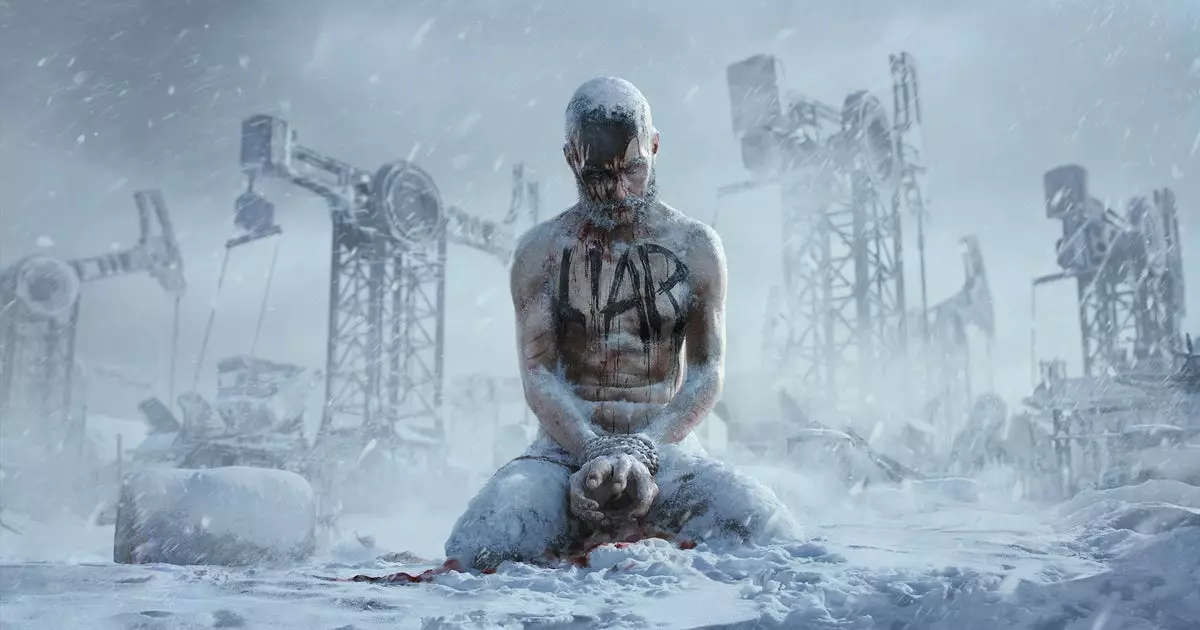The gaming industry is a constantly evolving landscape influenced by diverse factors such as player preferences, market trends, and global events. Recently, 11 Bit Studios, renowned for their compelling titles like Frostpunk, made headlines by canceling their ambitious project, known internally as Project 8. This decision reflects a broader trend shifting away from narrative-driven titles, described by the studio’s president, Przemysław Marszał, as an essential factor influencing their strategic direction. However, this rationale, while rooted in market analysis, cannot overshadow the real human cost of such decisions, particularly layoffs affecting many talented developers.
Reflection on consumer interest suggests that the charm of intricate narratives in gaming may be waning. Where once game developers sought to create emotionally resonant, story-rich experiences, the current sentiment appears to favor other genres or gameplay mechanisms. The abrupt adjustment can be alarming for industry followers and creators alike, questioning whether developers might pivot too far in reaction to market trends, potentially alienating loyal fans who crave immersive storytelling.
Launched in early 2018, Project 8 emerged from high ambitions tailored specifically for a console audience. It was a project that had garnered the aptitude of a dedicated team of 37 developers as of September 2024. With an estimated investment exceeding 48 million zloties (around 11.8 million dollars), the project was both a financial commitment and an emotional endeavor for those involved. Marszał’s acknowledgment of breakthroughs during development is notable, indicating moments of innovation and creativity. However, the myriad setbacks ultimately underscored the challenges faced throughout the entire development process.
External factors, prominently the COVID-19 pandemic, exacerbated these challenges. The difficulty of maintaining a stable team during such tumultuous times cannot be understated. Despite striving for excellence and achieving some significant quality enhancements, persistent issues lingered unaddressed, leading to delays and cost overruns. This accumulation of problems raised significant red flags for the studio, culminating in the harsh decision to halt production.
The announcement surrounding Project 8 underscores something critical that many developers and stakeholders must scrutinize: the impact of evolving market trends on future gaming projects. As Marszał articulated, shifting sales forecasts and changing consumer behavior compelled 11 Bit Studios to reconsider the feasibility of continuing with Project 8. It is crucial to recognize that economic factors could reshape the competitive landscape in gaming, dictating what genres may flourish while others falter.
Furthermore, this cancellation raises broader questions about the future of narrative-driven experiences in gaming. With many developers possibly skirting the complexities of narrative arcs for games more aligned with immediate gratification and multiplayer engagement, the creative potential for storytelling may diminish. Yet, the appeal of rich narratives persists, leaving creators in a precarious position of balancing market pressures against artistic integrity.
The cancellation of Project 8 inevitably comes with repercussions on the workforce, with numerous developers facing uncertainty in their careers. While it’s commendable that the company plans to offer opportunities to more than half of the affected team members within existing or new projects, the emotional toll this announcement provokes cannot be overlooked. Career disruptions, especially amidst a reporting landscape that has seen countless layoffs this year, reiterate the fragility of roles within the industry.
As we turn the page from Project 8, one hopes for renewed opportunities for those affected. The labor force within the gaming industry is filled with incredible talent, passion, and potential—traits that will be necessary as companies, like 11 Bit Studios, re-evaluate their strategies and adapt to this fast-paced market.
While Project 8 might serve as a cautionary tale about the risks inherent in the gaming market, it also heralds the potential for innovation through unannounced endeavors on the horizon for 11 Bit Studios. As the gaming community eagerly anticipates the upcoming titles, including the intriguing sci-fi narrative of The Alters, we find optimism in the dynamism of the industry.
What remains essential is the ability of developers to remain attuned to audience interests while fostering their creative visions in projects ahead. If executed thoughtfully, the lessons learned from Project 8 may inspire a new wave of games that honor the craftsmanship of storytelling in a way that resonates within the current context of player enjoyment and market viability. The industry has a challenging road ahead, but with it comes potential for transformation and renewed passion.

